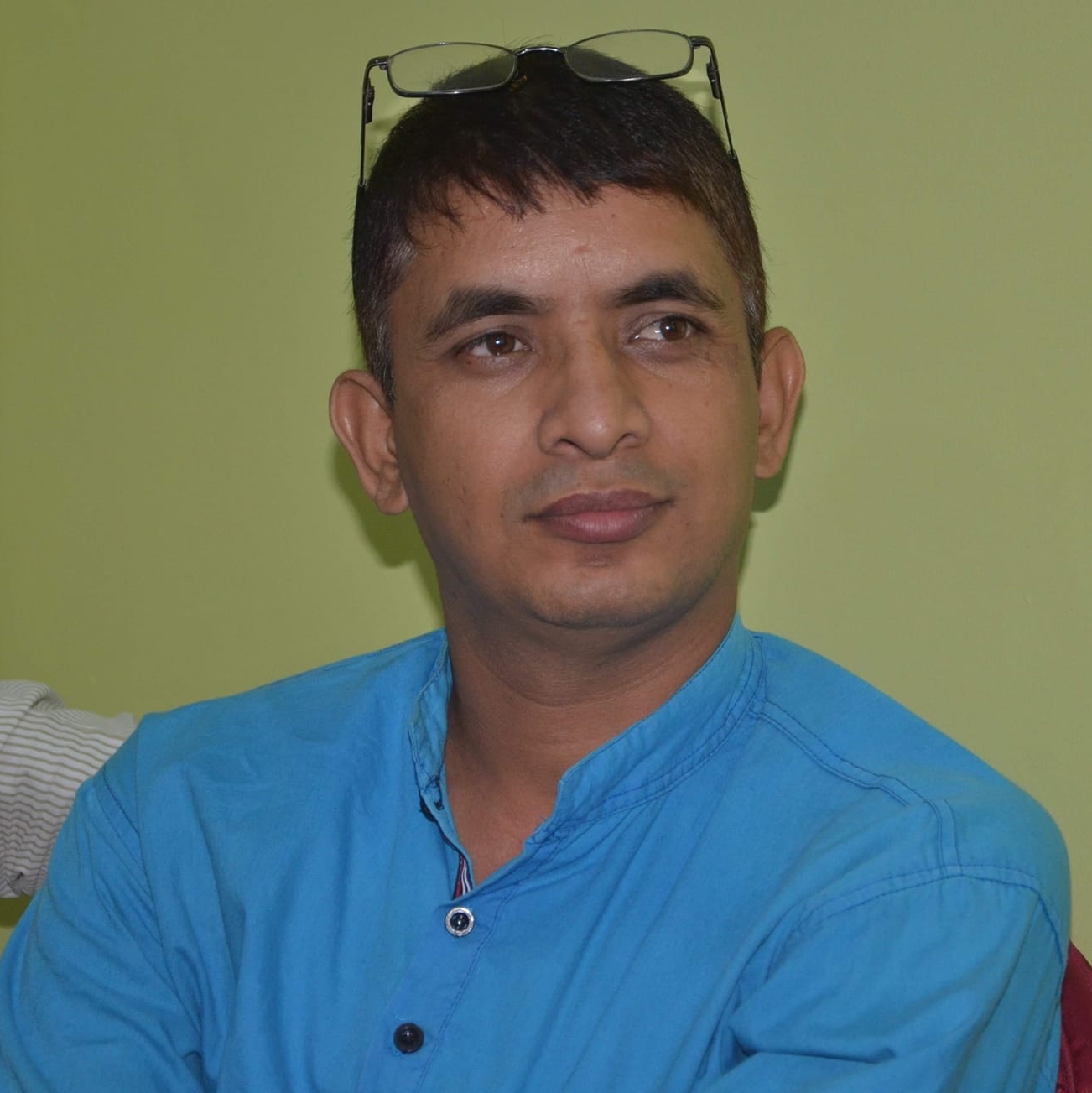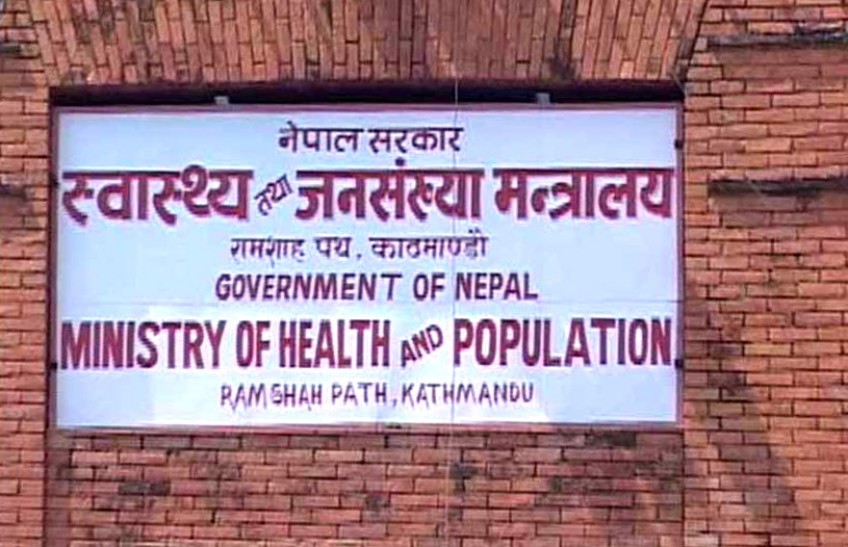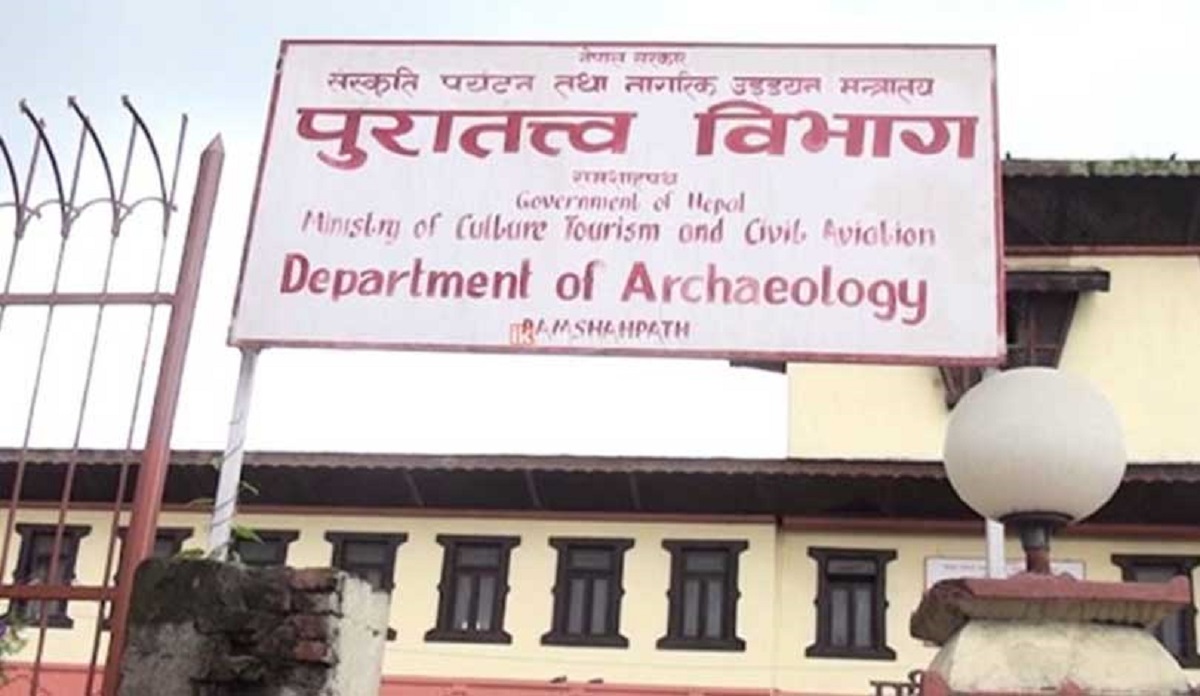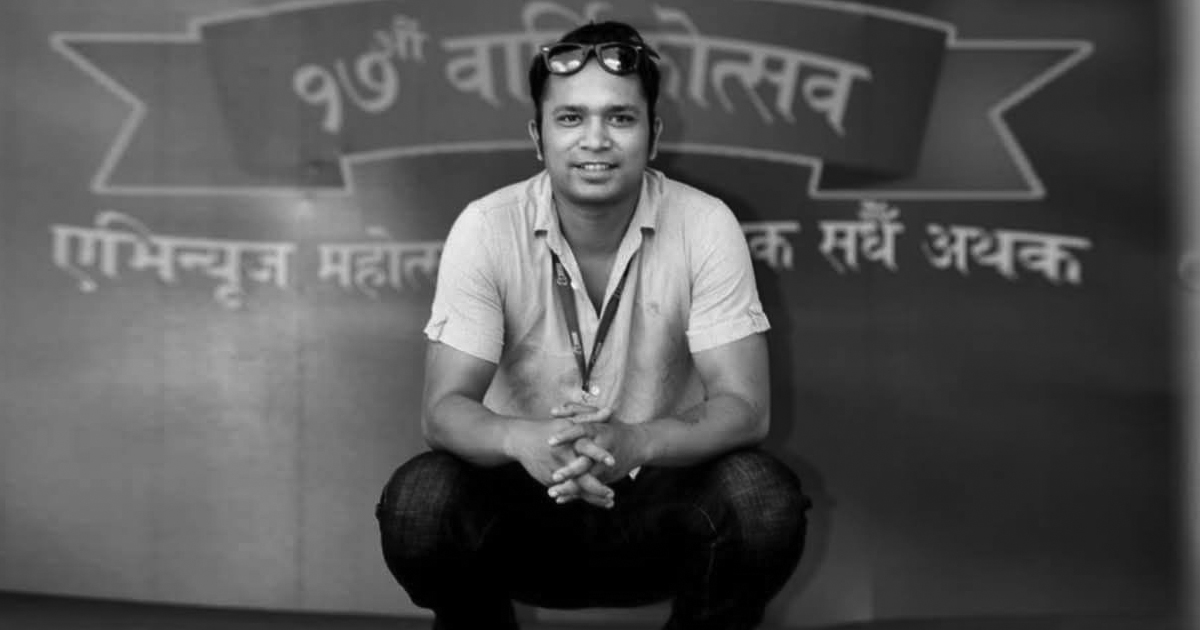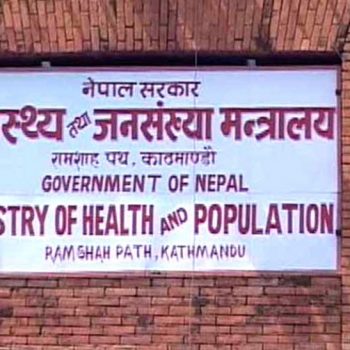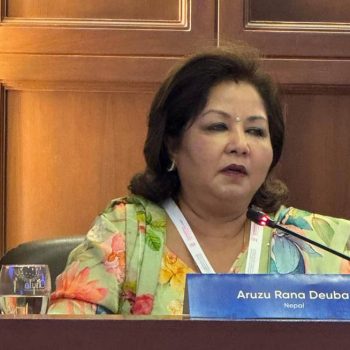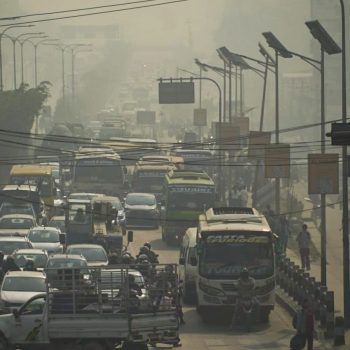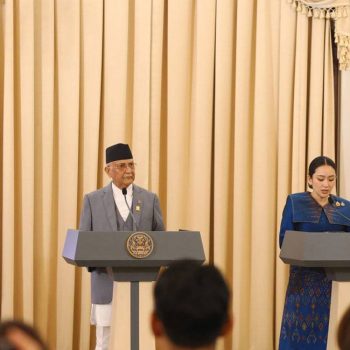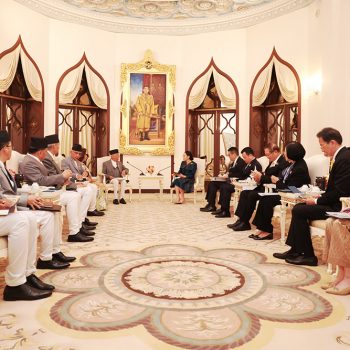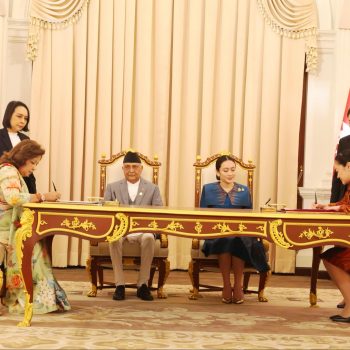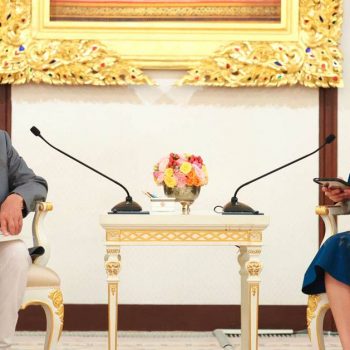Three years of Lumbini Provincial Assembly: laws made but not implemented
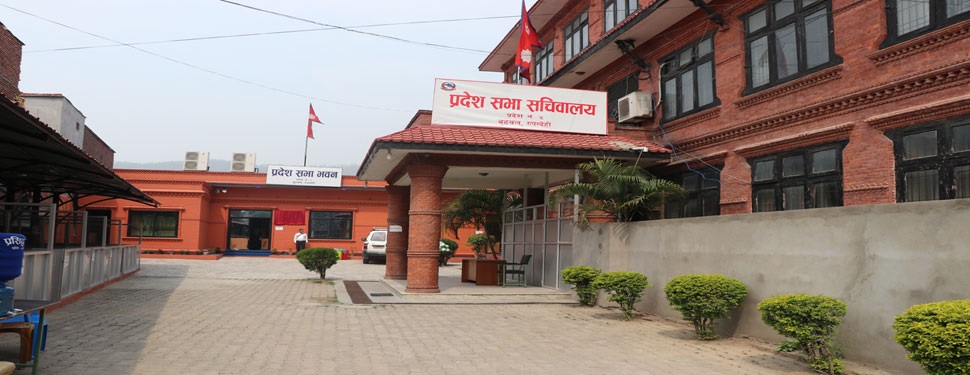
RUPANDEHI: It has been three years since the establishment of the Lumbini Provincial Assembly. During this period, 59 laws have been enacted. The Lumbini Provincial Assembly was established on 4th February 2018.
Five bills are under consideration in the state assembly. Bills to establish and operate service centres and rehabilitation centres and to make arrangements for service and rehabilitation funds and to regulate and manage the establishment and operation of state universities are under discussion in the Social Parliamentary Committee.
Since the first meeting of the Lumbini Provincial Assembly on 4th February 2018, six conventions have been held so far. Of the 65 bills registered in the convention, which lasted 305 hours and 12 minutes, 59 have been passed.
Of the bills presented in the assembly, those directly related to the citizens; four related to agriculture and one each related to tourism, environment, mining, industry, cooperatives and children have been ratified and enacted.
Of the 16 bills introduced in the first and second conventions, two were related to local government and the remaining 14 were related to the operation and expenditure of state governments. In the third convention, bills related to fertilizers, seeds, animal service, animal slaughterhouses, grain cooperatives, broadcasting, tourism and sports were passed.
Speaker requests emphasis on implementation
Speaker of Lumbini State Purna Bahadur Gharti has said that everyone should play a role in the development and protection of federalism from their constituency. Stating that federalism would play an important role in fulfilling aspirations of the people and the prosperity of the country, he pointed towards the need for more emphasis on implementation.
Complaining that the legitimacy of federalism was being questioned, he said that some people have been pushing for federalism forcibly.
Although federalism is an economically expensive system, it is the best option to establish the rights of the people, according to Gharti. He remarked that it was wrong to ignore the strengths of federalism simply because it is an expensive system.
However, government representatives themselves have admitted that there is a problem in performance as the laws related to general livelihood are not prioritized. other than laws required for the running of the government and higher level bodies. Rights activists say that hasty drafting of laws will have far-reaching effects as there will be problems at the implementation level.
Chairman of the Appellate Bar Butwal, Jokh Bahadur Khatri, said that it was necessary to think about why the law on rights of single persons made by the state assembly could not be implemented.
He said that it was difficult to formulate laws in the states as the federal government did not make laws in time. Advocate Yuvaraj Kandel said that despite making significant achievements in the state assembly like making 59 laws in a period of three years, laws related to ordinary citizens have not been enacted.
He also said that there was a problem in justifying federalism due to lack of opinion gathering and adequate study and research among concerned bodies in the process of making laws, ignoring the expectations of the people.
He remarked that the necessary legislation and distribution of power along with the formation of the federal structure has not been completed yet.
Govinda Khanal, Vice-Chairman of the Human Rights and Peace Society, said that there should be a serious review of the work that the state assembly has not been able to do. He said that the state government and the state assembly should formulate an action plan realizing the fact that the role of the state was not seen to be as per the expectations of the people.
Winter convention uncertain
The state government has not shown any interest in speeding up the law-making process in the state. There is no sign of a winter convention in Lumbini. The winter session in Lumbini has become uncertain after the dissolution of the parliament led to a split within the ruling CPN.
The budget convention ended on 6th October. The budget of the Fiscal Year 2078/79 was passed and the permanent capital and naming of the states were finalized by this convention.
The winter session is considered a good time to implement the budget and formulate various laws. There are complaints that the pace of lawmaking required for the states has slowed down. But the Chief Minister and other ministers are divided into the CPN’s Oli and Dahal-Nepal groups and are busy gathering cadres. About 200 laws have to be made for the states.
Secretary of the Lumbini Provincial Assembly Durlabh Kumar Pun Magar said that 59 laws have been drafted by the state assembly so far. According to him, five bills are under consideration in the state assembly. A bill to establish and operate service centres and rehabilitation centres and to make arrangements for service and rehabilitation funds and a bill to regulate and manage the establishment and operation of state universities are under discussion in the Social Parliamentary Committee.
Similarly, a bill to work on the establishment and operation of the Provincial Infrastructure Development Authority, a bill to amend the Provincial Medal Act 2076 BS and a bill to establish and operate science, technology and multi-technical institutes are registered in the Provincial Assembly. These bills are yet to be discussed in the parliamentary committee.
After the split of the CPN, no meeting of the parliamentary committees has been held. As soon as the federal parliament was dissolved, the state government started looking at the central political environment and made no preparations to convene a winter session. However, the government insists that politics has not had any impacts.
“The division between the federal government and the party has not affected the state. We have no business,” said Vaijnath Chaudhary, a spokesman for the state government and a minister.
“The federal government and split within the party has not affected the state. We have no business right now,” said Baijanath Chaudhary, Minister and Spokesman for the state government “We cannot operate for a few days and then shut down for long. This is why there have been delays”. He also said that the government is preparing to provide business to the parliament as the law dictates that another convention has to be organized within 6 months.
“The federal government and split within the party has not affected the state. We have no business right now,” said Baijanath Chaudhary, Minister and Spokesman for the state government “We cannot operate for a few days and then shut down for long. This is why there have been delays”. He also said that the government is preparing to provide business to the parliament as law dictates that another convention has to be organized within 6 months.
Minister Chaudhary, who is also a leader of the CPN-Oli faction, clarified that the state assembly would not function immediately, without a no-confidence motion.
He also stated that although the government has to give priority to law making, it has not been able to pay attention to it. Even ministers and ministry staff have been lazy in drafting laws under the pretext of COVID and CPN disputes.
Chief Minister Shankar Pokharel spends most of his time in Kathmandu as he is trusted by Prime Minister KP Oli. Now, after the split in the CPN, he is in a hurry to address the gathering of the Oli group. Due to this, the government is not interested in running the state assembly, according to Nepali Congress Lumbini state opposition leader Birendra Kanudiya.
The parliamentarians have demanded that the state parliament be functioning immediately. He said that the people’s issues could be discussed during the state assembly even when the federal parliament is dissolved. “It is the government’s job to give business to the parliament,” he said. “The winter session should be called by the third week of February. We will engage in discussions.”
Parliamentarians have been idle for four months now. Many works of the state government have been affected due to lack of speed in law making. Delays in legislation required by the federal government have also had an impact.
As the law-making process needs to be expedited, the parliament should be convened immediately, said People’s Socialist Party’s Province Member of Parliament Kalpana Pandey. She said that the government has not been able to draw the attention through the parliament on budget implementation and problems of the people.
It is estimated that the dissolution of the House of Representatives will hamper the operation of the Lumbini Provincial Assembly.


